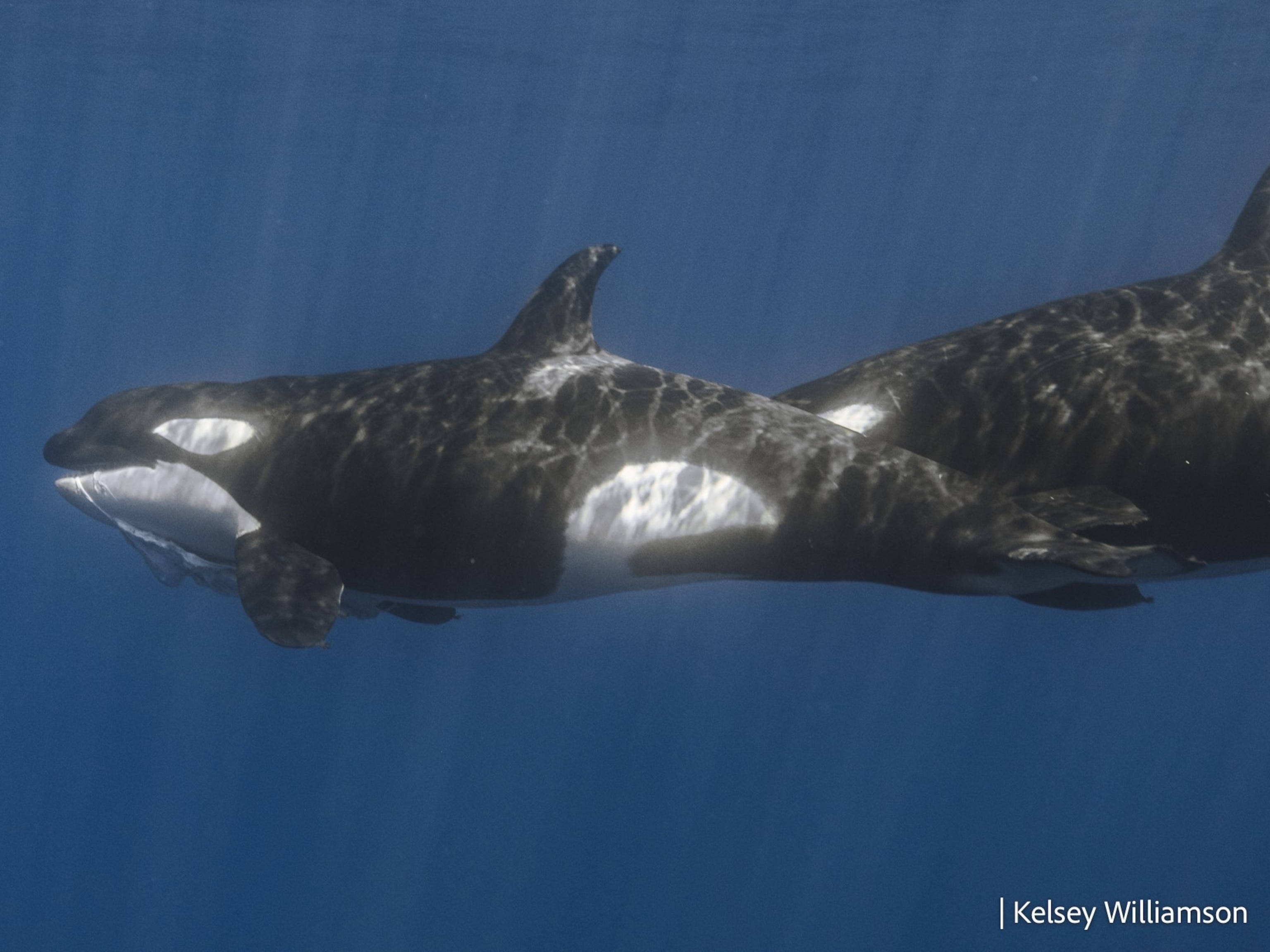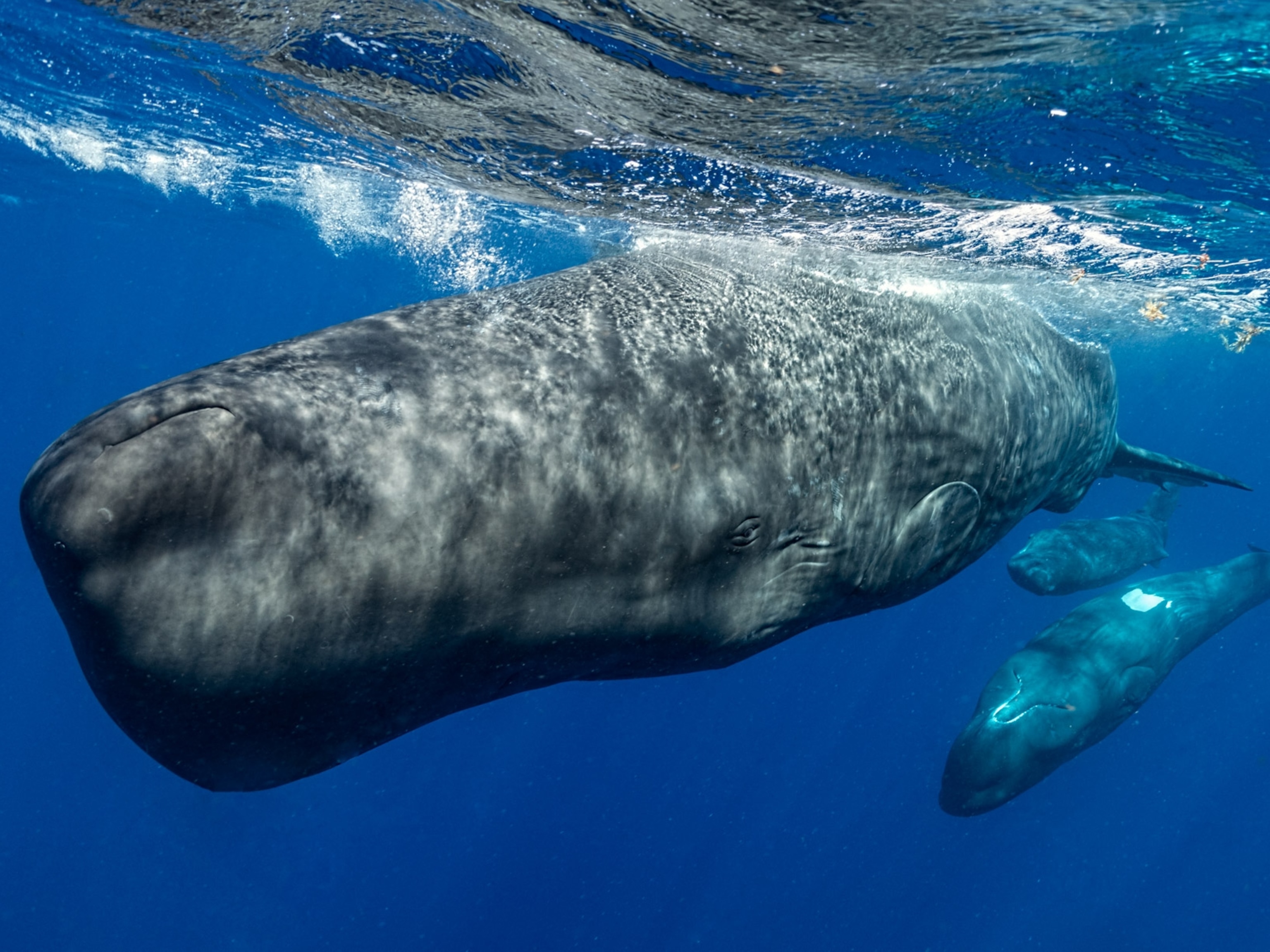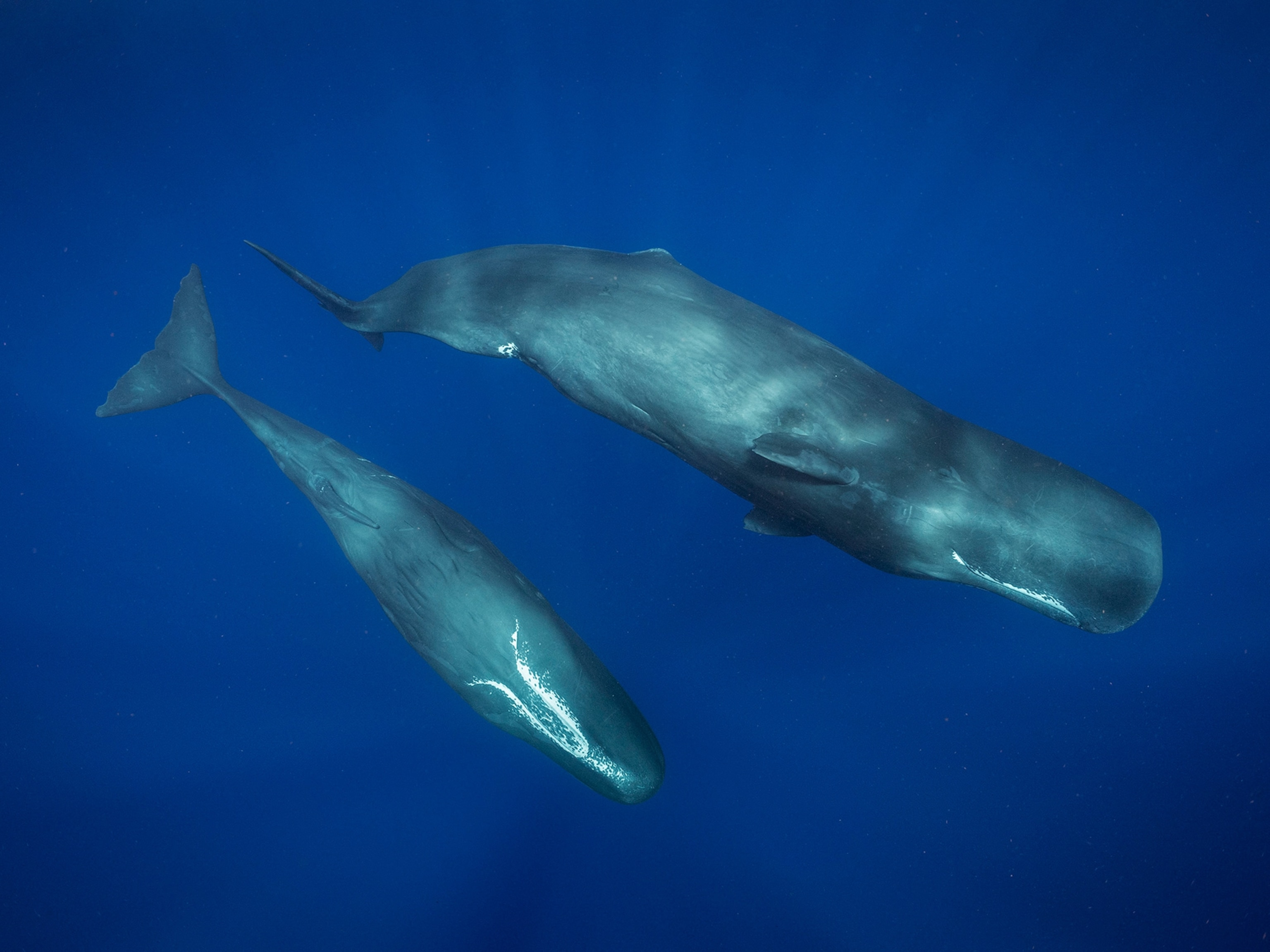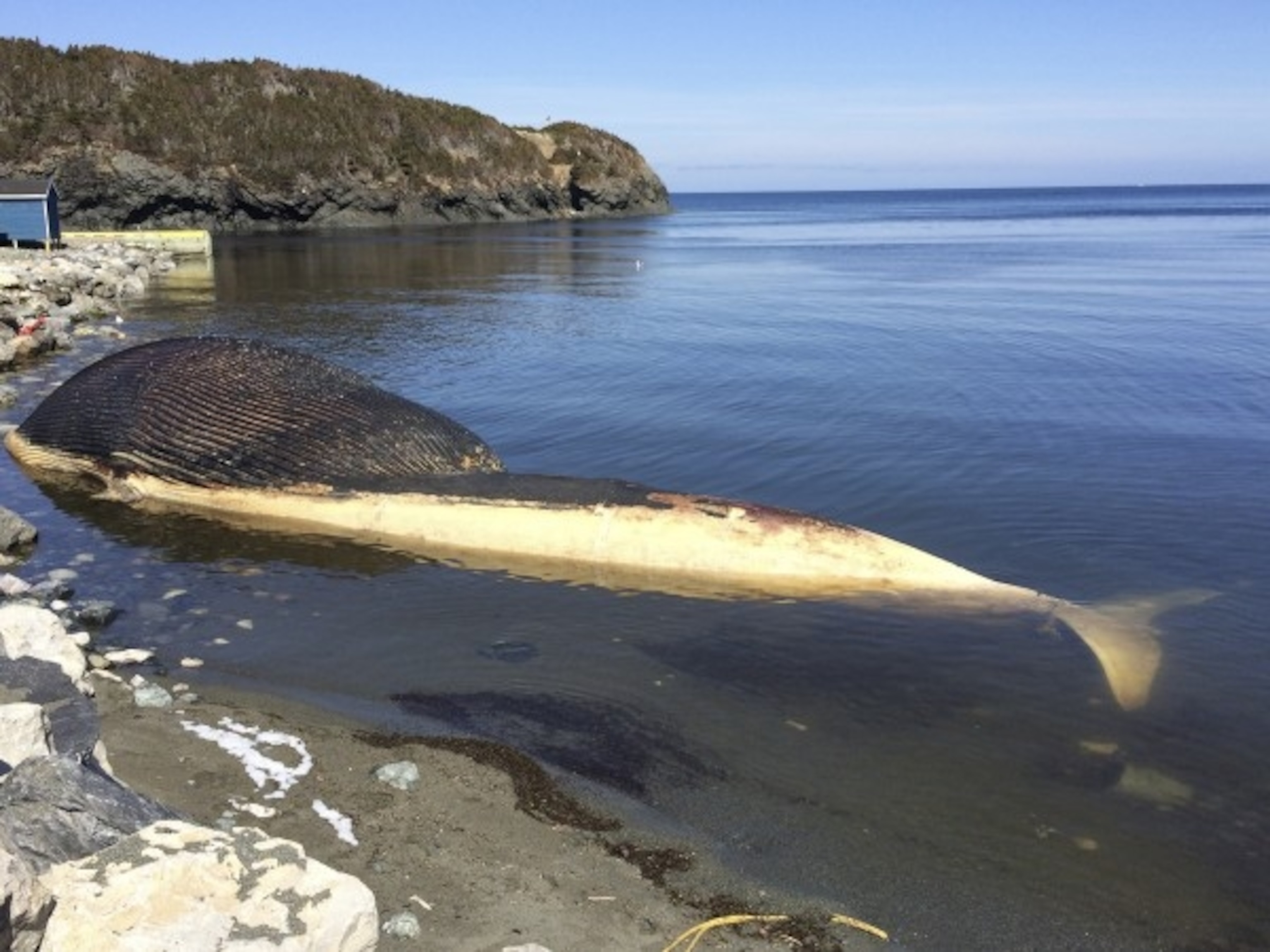
Why Does a Decomposing Whale Explode?
The small town of Trout River, Newfoundland, has a big problem: a dead blue whale stranded on one of its beaches.
Experts are scrambling to find a way to dispose of the 380,000-pound (170,000-kilogram) corpse before gases generated by its decomposing body cause it to explode.
News of the bulging behemoth has gone viral, with hundreds of news articles and the creation of the hashtag #explodingwhale and the website Has the Whale Exploded Yet?
But no one knows when the whale’s going to blow, if at all. Don Bradshaw, a reporter for Newfoundland station NTV News, has tweeted that the gas inside the whale has begun to naturally deflate.
National Geographic spoke to the exploding-whale website’s founder, Andrew David Thaler, a marine biologist who also runs the blog Southern Fried Science, to learn more about the phenomenon of exploding beached whales.
How frequently do dead whales end up on beaches?
Marine mammal strandings, either alive or dead, are not particularly uncommon. [Strandings of] big whales, like blue whales, are much more rare simply because there are very few blue whales left [in the world]. (Explore National Geographic’s blue whale interactive.)
What would cause a whale to explode?
Gas builds up as the animal’s viscera and stomach contents decompose, but whale skin and blubber are tough. The massive throat pouch that you see inflating in all the pictures is designed to fill with seawater and then force it out through baleen [the keratin plate that whales use to filter food].
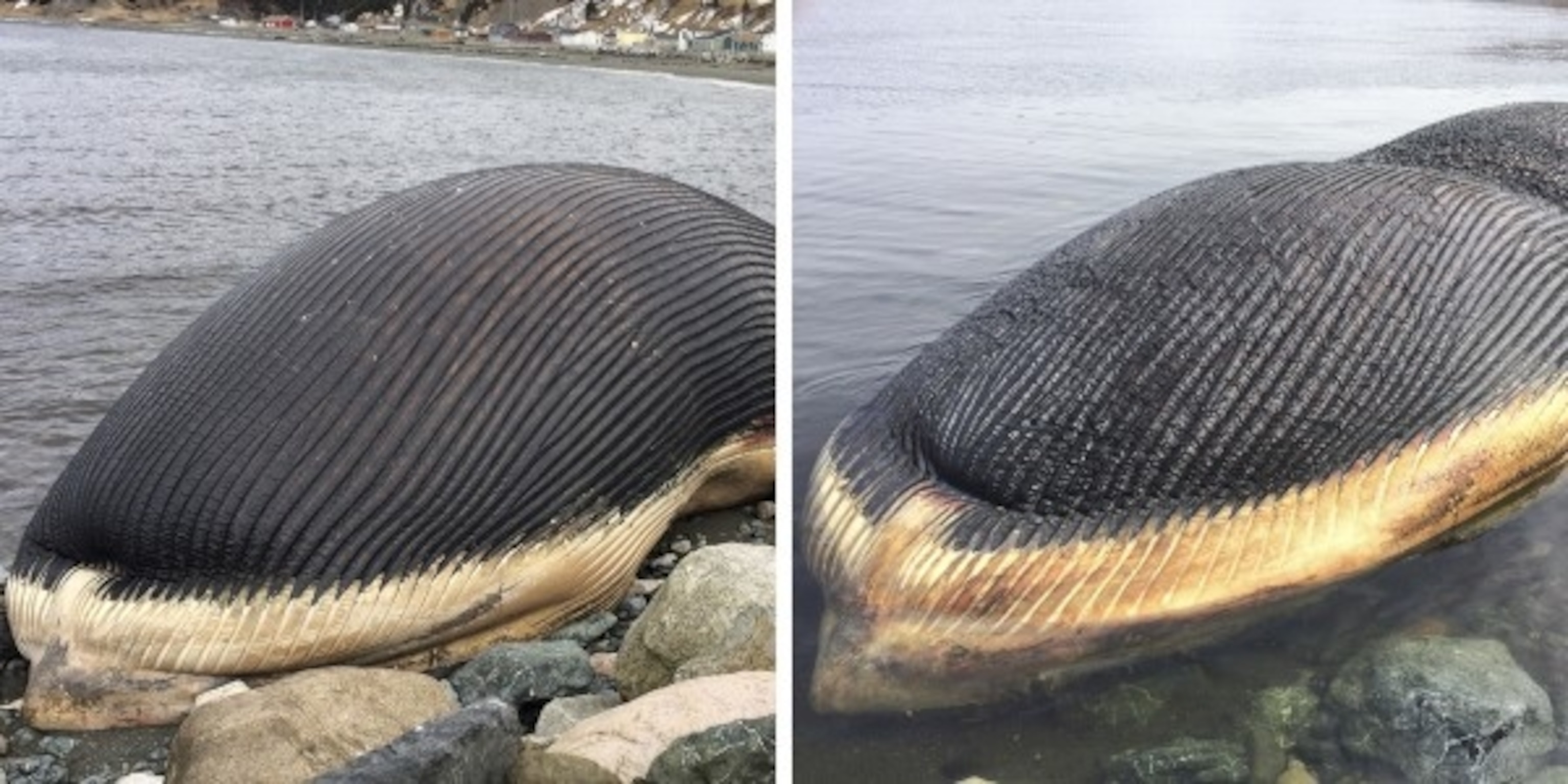
It can handle a lot of pressure.[Usually what] causes whales to explode is people doing stuff to them, either from bystanders trying to climb on or take a souvenir from the carcass, crews trying to move the carcass, or, in the case of the Faroes exploding sperm whale, intentionally degassing it (graphic video). That’s one very good reason you should never approach a dead-whale carcass.
If the whale died in the ocean, what would happen to its body?
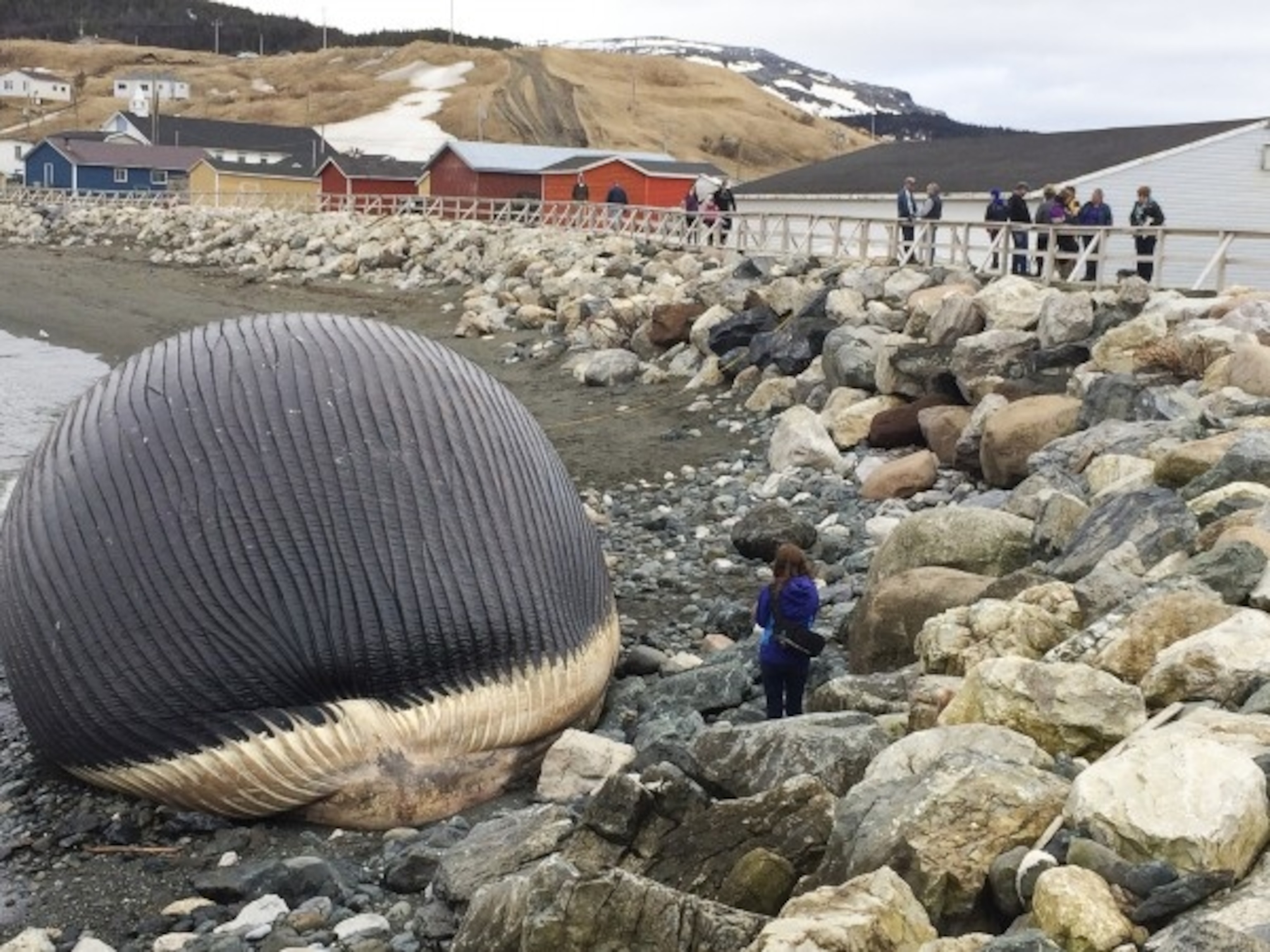
When a whale dies at sea, it will eventually sink. Whales are so big that scavengers aren’t able to tear the carcass apart, so they often arrive on the seafloor intact. The deep sea is generally a pretty low-energy environment, so an entire whale represents a massive influx of food. (Related: “Dead Whale Contains a Bounty of Life.”)
Entire communities grow around these “whalefalls.” First the mobile scavengers—large deep-sea sharks, hagfish, and others—come in to remove soft tissue and break apart the carcass. Later, creatures like Osedax mucofloris, the bone-eating worm, arrive to slowly break down the bones. (Watch an animated video of the phases of a whalefall.)
This entire process can take 30 years or more, so the afterlife of a whale is as ecologically significant as its natural life.
What are a community’s options to dispose of a beached whale’s dead body?
The best option is usually to bury it on site. If that is not possible, removal is a challenging proposition. Whales are huge, and bringing in major earth moving equipment in some cases can be more destructive to the shoreline than just leaving the whale to decompose naturally. (Related: “A New, More Humane Way to Euthanize Stranded Whales.”)
News reports say that residents were complaining about the smell. What exactly does dead, bloated whale smell like?
Imagine a jar of bacon grease that you leave out in the sun for weeks. Now imagine that odor is so potent that it clings to everything you own. It gets in your sinuses and stays there for days afterward. I participated in the necropsy of a right whale about six years ago and my chest-waders still smell faintly like that day. Decomposing whale is one of the worst smells in the world.
This interview has been edited and condensed.

